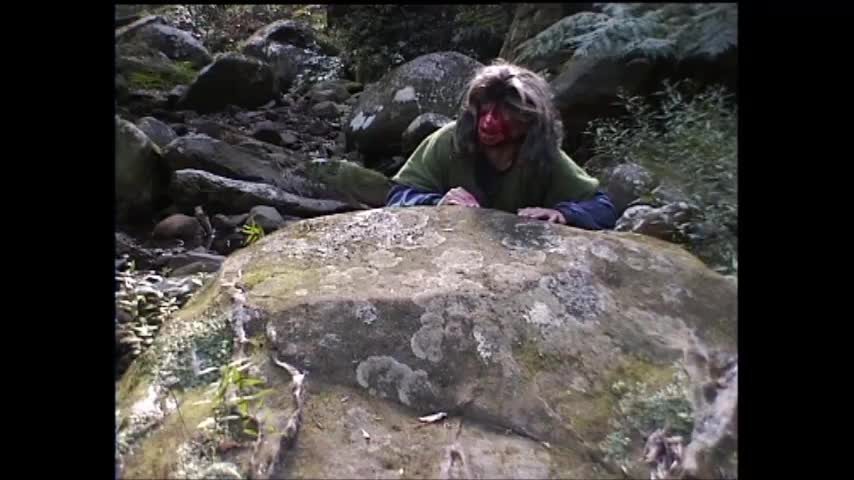Beat me to it. lol. If you do your bio research, you'll find that a lot of people went to film school and then went on to become legitimate filmmakers, including rich people, wealthy people, people that inherited money, and people with disposable income and connections. Outside of those groups, film school has been historically.... ineffective.
Let's look at the placement numbers from an engineering college. Around 85% at the school I attended. Now look at the number of legit directing jobs available, vs the number of applicants. Across the board, we could perhaps expect 1 in 2000 film school graduates at best to become a director. I'm ballparking it, so that number is definitely wrong. It also depends what you call a legit film. For me, if I can remember a film existed for more than a year, it's pretty legitimate. Do an exercise, think back, and see if you can write down from memory even 1000 films from your entire lifespan. Ok, now divide the number you were actually able to remember by the number of film school graduates per year multiplied by your lifespan. I think you'll find that 1 in 2000 success rate is wildly optimistic.
There's several other sides to this as well, for one thing, don't balance going to film school vs not going, balance going vs self teaching. Youtube has become quite a powerful resource for those that spend time learning from it. I personally encounter youtubers all the time that are actually far more qualified to teach discipline X, than some professors of film. In my travels I've often met film professors that could never have successfully created anything someone would watch of their own volition, and became the stereotype of "Those who cannot do, teach" The most common scenario I see is that they were once passionate about the subject, the year they were hired, but quit learning shortly after, and are teaching filmmaking as it existed in whatever year they stopped learning.
For a fraction of the cost and effort, you can take a large variety of online courses, and specialize in numerous subskills that would help you create film that outshines 99% of film school graduates. That's what I'm up doing tonight, that's what I'm up doing every night.
At the end of the day, you'll find that being a great artist of any kind is about 3 groups of things
1. Self Discipline, passion, resilience - how much do you actually care, and how hard are you willing to work and focus, and how much frustration can you endure along the way to your goal
2. Talent or Intelligence - Do you actually have anything to say? These skills are just mediums for communication, being the worlds fastest typist is worthless if you have no insight to convey. Are you an interesting person? No matter how many characters you write, the audience is really reading about, or watching you. After all, your hero can't come up with a witty retort, unless you can come up with it. Be interesting, the rest may follow.
3. Money and Connections - Imagine that you are a fantastic and visionary architect. Your skill and vision is unsurpassed, and you know every major text on the subject by heart, and every cad design program like the back of your hand. Your designs are crystal clear in your mind, inspirational vistas so memorable that once seen, they could never be erased from the mind of an onlooker. Now imagine you are standing alone in the desert holding a Tamagotchi and a can of sprite. Here's what happens next, across the desert is some guy who's dad was born on top of an oil well, and he never cracked a book, and mispronounces the word architecture as "Arkletesture" That guy is going to build a 10 million dollar cube, and people will put him on magazine covers, while you drink your sprite. The Tamagotchi will likely die from malnourishment.
I'm making it sound pretty grim, because it's pretty grim. I have literally never met a person who was successful in film. I have known some actors who got insanely overpaid for doing 200 hours of work over a 30 year period. That's about it. I've met a number of people that created extremely small successes and convinced themselves that they were big, such as landing a home renovation show on an E list network. If you want the real thing, (to direct a feature film that gets worldwide distro), you are going to need skill, luck, and determination beyond anything that can be taught at a film school.
If you are supremely talented at some aspect of creative development, you may have a better experience, but the final point is the worst. Most people really aren't as talented as they think they are, and deal with this via self delusion. If you fall into that trap, you're done for. My advice is to detach yourself from your film, and try to see it the way others would, so you can maintain a realistic perspective. My recent documentary feature took a lot of work, and is filled with beautiful cinematography and vibrant color work, but the truth is, if I was someone else, I would have just flipped through the channel it was on in less than 1 second. Only by detaching your ego can you see it for what it really is.
Sorry for the lengthy essay, I just wanted to give you a real answer, because I would hate to see someone waste 4 years of their life and 200 grand, to end up a teacher at another community college 10 years later.




